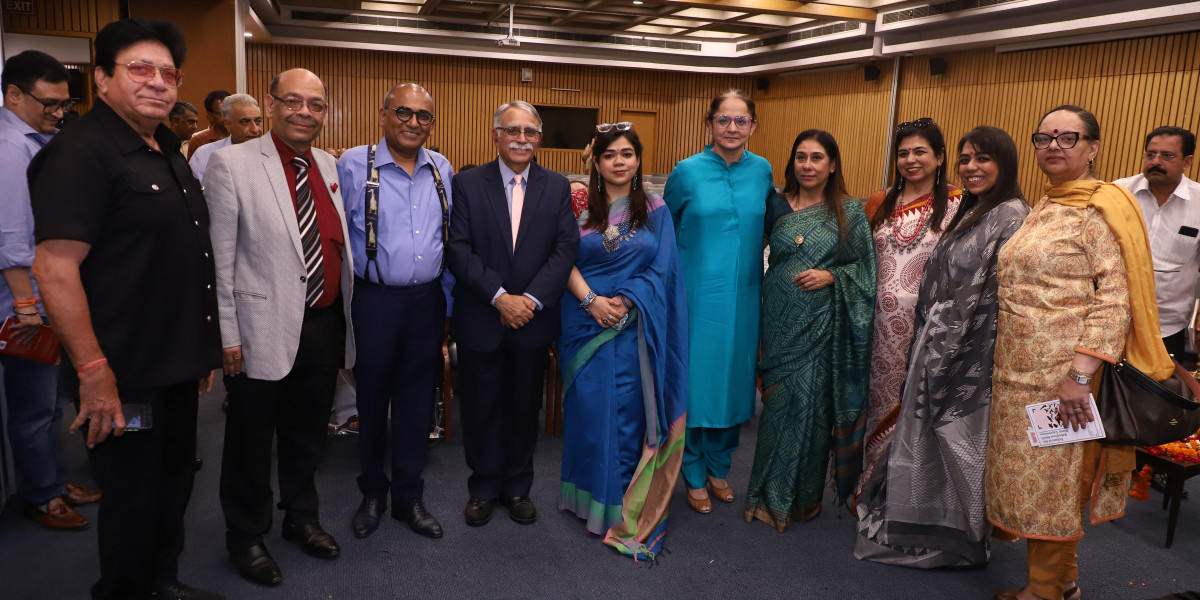This article was originally published by tumblr.com. Read the original article here.
In today's fast-paced financial world, cheques remain a standard transaction method. However, cheque bouncing, or dishonour of cheques, is a significant issue that can lead to severe legal consequences. Section 138 of India's Negotiable Instruments Act of 1881 addresses this problem. It outlines the legal implications of cheque bounce, protecting the interests of the payee and ensuring financial discipline. Understanding this section is crucial for individuals and businesses to avoid legal entanglements and ensure smooth financial operations. With this knowledge, you can navigate financial transactions more confidently.
What does the Negotiable Instruments Act of 1881's Section 138 mean?
Section 138 deals with the dishonour of cheques due to insufficient funds or if the cheque amount exceeds the account balance. When a cheque is bounced, the payee must notify the drawer in writing within 30 days of receiving information about the dishonour. After that, the drawer has 15 days to make the payment. Failure to do so can lead to legal proceedings under Section 138. This provision ensures that the drawer is held accountable, instilling trust and reliability in cheque transactions. It is crucial to understand these steps to prevent future financial disputes.
Legal Process Involved in Cheque Bounce Cases
When a cheque is dishonoured, the first step is to send a legal notice to the drawer demanding payment. If the drawer fails to pay within 15 days, the payee can file a complaint in a magistrate's court within a month. The court will then issue a summons to the drawer. If found guilty, the drawer can face imprisonment for up to two years, a fine twice the cheque amount, or both. Engaging the best civil lawyer in Delhi high court can significantly enhance the chances of a favourable outcome in such cases.
Defences Available to the Drawer
While Section 138 aims to protect the payee, the drawer also has certain defences. They can argue that the cheque was given as a gift or without consideration. Additionally, these can be valid defences if the cheque was issued under duress or if there was a significant alteration in the cheque without consent. The drawer must consult with the best criminal lawyer in Delhi to explore these defences and present a strong case in court. Proper legal advice can help navigate these complex defences effectively.
Importance of Legal Representation
Navigating cheque bounce cases requires expert legal knowledge. The payee and drawer should seek the assistance of a qualified civil advocate in Delhi to protect their rights. Legal representation can provide strategic advice, draft precise legal notices, and represent clients effectively in court. This is particularly important given these cases' strict timelines and procedural requirements. Having a skilled advocate can ensure your case is handled with the utmost professionalism.
Impact on Businesses and Individuals
Cheque bounce cases can severely impact both individuals and businesses. For businesses, it can disrupt cash flow, harm client relationships, and damage reputation. For individuals, it can lead to financial strain and legal hassles. To mitigate these risks, it's advisable to maintain sufficient funds in the account and regularly monitor transactions. Engaging the best criminal lawyer in Delhi High Court in case of a dispute can help navigate the complexities and resolve the issue efficiently.
Summary
Understanding Section 138 of the Negotiable Instruments Act of 1881 is vital for anyone involved in financial transactions using cheques. This legal provision ensures accountability and protects the payee's interests while offering defences for the drawer. Proper legal representation is crucial to safeguard one's rights and interests. For expert legal advice and representation, consider consulting the Chambers of Vivek Kumar Tandon, renowned for their proficiency in handling cheque bounce cases and ensuring justice is served. Their expertise can provide the support needed for a successful resolution.



